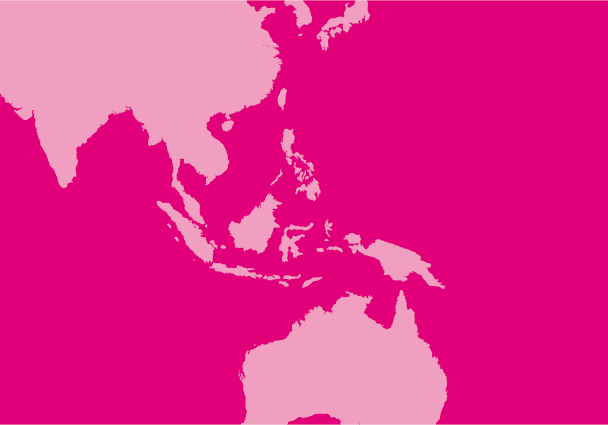
Dec 20, 2004 | News
Human rights defenders in Nepal face grave threats amid the country’s deepening human rights crisis, Amnesty International, Human Rights Watch and the ICJ said today.
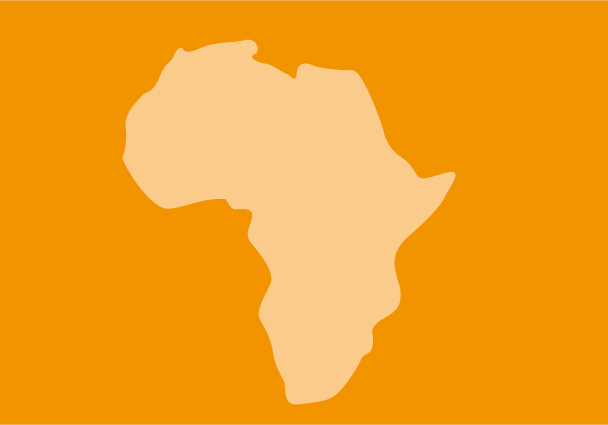
Dec 15, 2004 | News
The ICJ is conducting a 5-day mission to evaluate Kenya’s judicial situation in light of international standards on the independence of the judiciary.
The Mission will be led by the Honourable Justice Dr. George W. Kanyeihamba of the Supreme Court of Uganda. The other mission members are prominent Nigerian lawyer Mr. Clement Nwankwo and ICJ Lawyer Cecilia Jimenez. The ICJ-Kenya will be represented by Mr. Philip Kichana. As the government addresses real issues of corruption in the judiciary and the country discusses constitutional reform, it is essential that the judiciary emerges as an independent and impartial branch of the State. The mission will meet with members of the judicial, executive and legislative branches of government, the legal profession, the Law Society, legal academics and civil society.
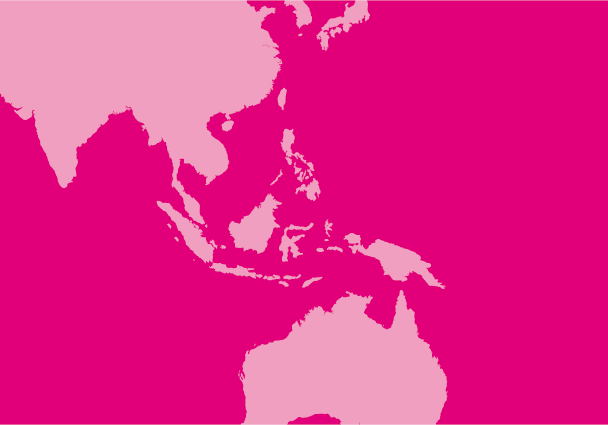
Nov 30, 2004 | News
The ICJ said today that the Government of Nepal and the Communist Party of Nepal (Maoist) must take urgent steps now to end the human rights crisis if any future political process and negotiations are to be successful.
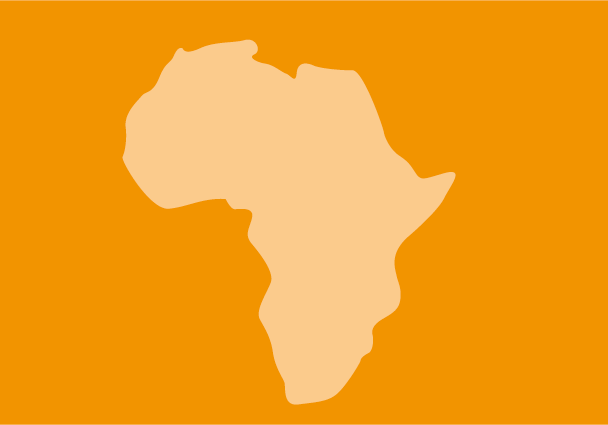
Nov 26, 2004 | Advocacy, Non-legal submissions
La CIJ est aujourd’hui intervenue devant la Commission africaine des droits de l’homme et des peuples réunie à Dakar et dont les débats ont pour la première fois porté sur le terrorisme et les droits de l’homme.
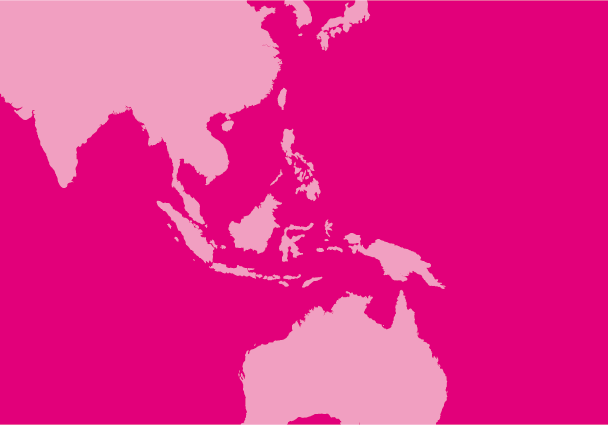
Nov 23, 2004 | News
The International Commission of Jurists (ICJ) begins an eight-day high-level mission today to assess the rapidly deteriorating human rights situation and the rule of law in Nepal.
The ICj will also discuss with the government, judiciary and civil society effective means to address the spiralling crisis.
The Mission will be led by ICJ Secretary-General Nicholas Howen and be accompanied by human rights jurist Periathamby Rajanayagam and ICJ Legal Adviser Ian Seiderman.
Nepal is embroiled in an eight-year internal conflict between the government and insurgent Maoist rebels. Over the past three years, wide-scale abuses have been committed by both sides to the conflict. Since King Gyanendra dissolved the Parliament in 2002, the Royal Nepalese Army (RNA) and other government security forces have operated without effective civilian accountability and have been implicated in enforced disappearances, extrajudicial executions, torture and secret incommunicado detention. Well-documented abuses have resulted in impunity. The Maoist rebels have engaged in a pattern of violations of international humanitarian law, including summary killings of non-combatants.
The ICJ believes that taking practical steps to address the human rights crisis would be essential confidence-building measures on a road to a negotiated settlement of this brutal conflict.
In early 2003, the ICJ visited Nepal and concluded that a breakdown in the rule of law in the country was under way. The present mission will build on the findings and recommendations of the earlier mission.
While in Nepal, the mission team will meet with Nepali Government officials, the RNA and other security forces, the National Human Rights Commission, leading members of the judiciary and bar, non-governmental human rights organisations, human rights victims, and the international community.
Nepal-ICJ high-level mission-press release-2004 (full text, PDF)









